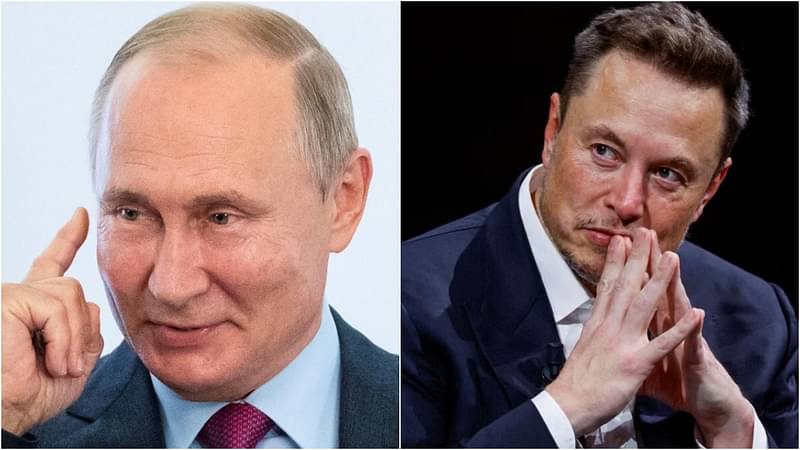In a recent statement, Russian President Vladimir Putin praised Elon Musk, comparing him to Soviet space legend Sergei Korolev, and calling him “crazy about Mars.” Here’s what it means for space exploration and geopolitics.
Moscow: In a surprising yet striking remark, Russian President Vladimir Putin has likened Elon Musk, CEO of SpaceX and Tesla, to Sergei Korolev — the famed Soviet space engineer who pioneered the USSR’s space dominance during the Cold War era.
Speaking at a recent meeting with students about Russia’s space policy, Putin highlighted Musk’s unwavering obsession with the Red Planet, stating, “You know, there’s a person who lives in the States, you could say that he’s absolutely crazy about Mars.”
Why the Comparison to Korolev Matters
Putin’s comparison isn’t superficial. Sergei Korolev was the chief architect behind the USSR’s early space achievements, including launching the first satellite Sputnik and orchestrating Yuri Gagarin’s historic 1961 spaceflight — the first human journey into outer space.
In Putin’s words, “Such people rarely appear in the human population, charged with a certain idea. Even though it may seem incredible to me today, after a time such ideas are often realised.”
This acknowledgement aligns with Musk’s ambitious goals to colonize Mars and make space travel accessible to humanity. Through his company SpaceX, Musk has already achieved reusable rocket launches, private crewed missions, and Starship development — a spacecraft explicitly designed for interplanetary travel.

Space and Geopolitics Intersect
While Musk is widely known for his revolutionary tech ventures, his role in global politics has grown increasingly controversial. According to reports, Musk serves as a top advisor to former U.S. President Donald Trump. His critical stance on U.S. support for Ukraine amid its ongoing conflict with Russia has also drawn sharp attention.
As the Russia-Ukraine war continues since its eruption in 2022, Musk’s remarks — some seen as sympathetic to Moscow — have prompted both praise and criticism globally. It adds a complex layer to Putin’s compliment, hinting at potential alignment or at least admiration beyond just scientific achievements.
Is This the Beginning of a New Space Race?
Putin’s statement may not be just about admiration — it could be strategic. With NASA, SpaceX, and even private companies racing to reach Mars, Russia might be reconsidering its own position in the new 21st-century space race. Historically, space advancement has always paralleled political power and technological supremacy.
Musk’s vision, while bold, mirrors the daring innovation of Korolev’s time — when science fiction was becoming science fact. The ambition to terraform Mars, send humans beyond Earth, and build a multiplanetary future has reignited not just American, but global interest in space.
Final Thoughts
Whether you see Elon Musk as a tech visionary or a political enigma, his influence is undeniable. With Putin joining the chorus of those who recognize his out-of-this-world ambitions, the world watches closely as space exploration becomes both a scientific and political frontier once again.









